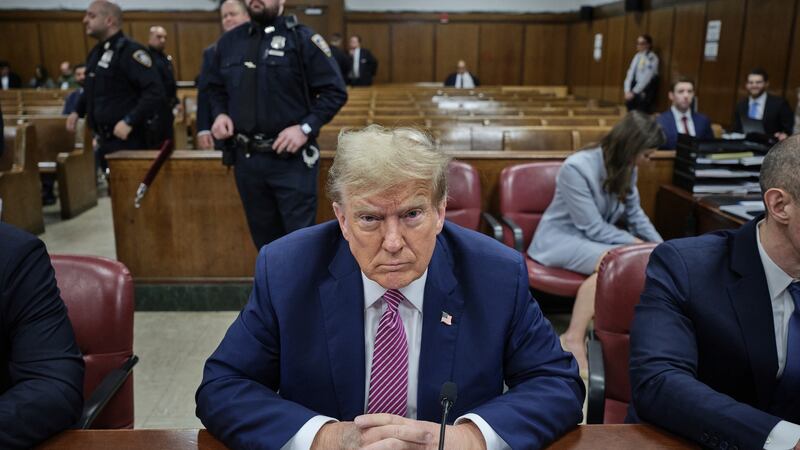Former chief constable Sir Hugh orde has defended the work of the Historical enquiries Team (HeT) in the wake of widespread criticism.
The body set up to examine unsolved murder cases stretching back 45 years has had its credibility questioned by a damning Hm Inspectorate of Constabulary report.
It identified a series of deficiencies and shortcomings.
Crucially, killings involving British soldiers were found to have been treated differently as a matter of policy, apparently based on a misunderstanding of the law.
This led to cases where the state was involved being reviewed with "less rigour" than non-military cases.
The report's findings prompted the Policing Board to say it had no confidence in the HeT leadership.
The board has asked chief constable matt Baggott to immediately review the body's management.
But Sir Hugh, the man largely responsible for establishing the HeT, has defended its record.
He conceded there were "imperfections" in the way the body operated but urged its management to challenge some of the assertions made in the Inspectorate report.
Speaking on BBC's Talkback, he claimed there was evidence which painted the HeT in a better light which the report's authors had not considered.
He said he had helped establish the body in 2005 out of "moral and professional responsibility".
"I felt we should leap into it and be brave and try to bring some form of resolution to some families," he said.
"We knew we would not satisfy everybody".
Sir Hugh said the HeT adopted a "unique approach" which had not been tried elsewhere and that it was "never going to be an overall solution".
He added that the "greatest tragedy" was that the eames-Bradley recommendation of a 'truth forum' had not been implemented, saying the "thoughtful, intelligent" proposals would have led to greater transparency and resulted in a "wider range of resolutions".
Sir Hugh also claimed the Hm Inspectorate of Constabulary had not engaged with the HeT leadership personally and the report's findings may have been different had its authors visited the organisation's base.
"The question [the inspector] was asked was: are we carrying out these investigations to the current standard?" he said.
"The answer is no - that was never the vision of the HeT."
Sir Hugh said he was very proud of the HeT and what it had achieved, despite what he called "imperfections".
"What really saddens me is that if as a result of this (report) families who are waiting for their cases - where I think we could make a difference - are denied that opportunity," he said.
"I think that's unfair."


